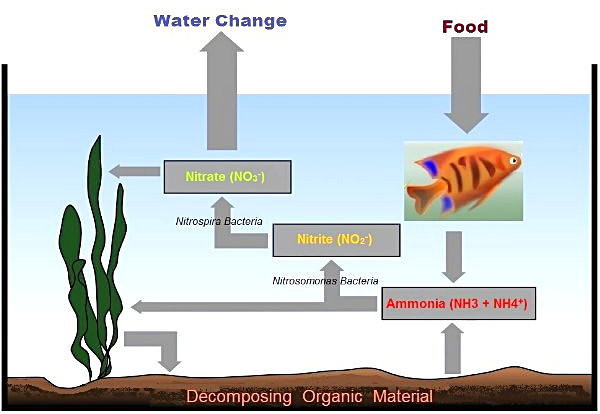wfykitty
New Member
I just tested my water. From my understanding, we need to make PH lower and the rest are good. Is it correct? How to decrease PH by 1 and also how to decrease ammonia, nitrite, and nitrate in general?

 www.fishforums.net
www.fishforums.net
Ammonia and nitrite should be kept at zero by water changes every time they read above zero. or by having a lot of live plants in the tank.How to decrease PH by 1 and also how to decrease ammonia, nitrite, and nitrate in general?
